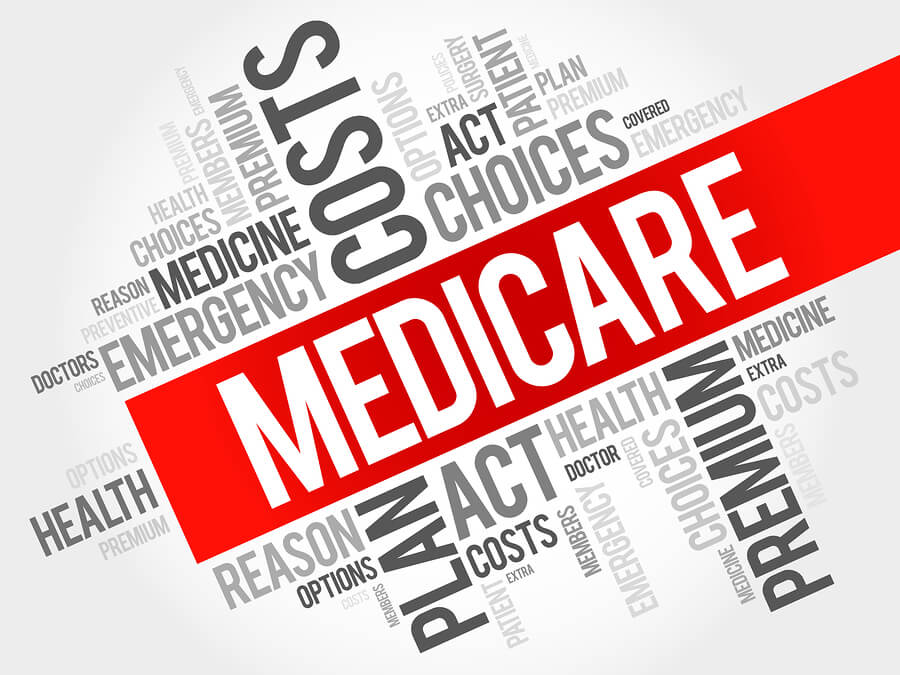On April 1, the Centers for Medicare & Medicaid Services (CMS) finalized the Calendar Year 2025 Rate Announcement for Medicare Advantage and Medicare Part D Prescription Drug Programs to update payment policies for these programs, according to a press release from CMS.gov.
Payments to the government will increase an average of 3.70 percent from 2024 to 2025, and the federal government expects to pay between $500 and $600 billion in Medicare Advantage payments to private health plans in 2025.
Insurance company stocks dropped following the announcement, including UnitedHealth, Humana, Elevancew, CVS and Centene. The rate increase was well below the desired insurance company’s wish list. Insurance company-paid lobbyists argue the increase does not account for rising usage rates and position their companies as now being “forced” to reduce benefits and raise premiums.
Don’t feel too bad for the insurance companies or their lobbyists. The sector spent more than an estimated $157 million in 2023 alone, with 862 lobbyists – 63% who are former government employees – on the payroll.
The increase will not reduce the insurance company’s profits and could help in slowing down rampant overpayments by Medicare Advantage plans. It’s one of several challenges to Medicare Advantage, which is still a popular alternative to Medicare and a highly profitable revenue source for healthcare insurance companies.
More than half of all Medicare seniors are enrolled in a MA plan, according to data released by CMS.gov in December 2023. But for these insureds, this has been an especially unsettling season.
Recent battles between healthcare insurance companies and major hospital systems have left many Americans weary of a for-profit health system that is not working. Hospitals and healthcare systems are dropping Medicare Advantage plans because in part of their excessive prior permission denial rates and slow payments from insurers. The level of claims rejections has also created problems for smaller healthcare systems, who do not have the staffing to devote time battling with the insurance companies. Patients caught up in the crossfire end up either not getting the care they need or having to incur medical debt.
Seniors do not always know that their providers might not be in the MA network. If they go out of network, they must pay the higher cost or might have to switch healthcare providers. A recent article from Yahoo! Finance reports the tradeoff of additional medical services like dental and vision from MA plans for the wider network of Medicare came to a head in 2022, as MA insurers began denying coverage for necessary care when the pandemic eased and people who had delayed elective procedures returned to hospitals struggling with labor shortages.
The number of medical groups withdrawing from MA plans or failing to negotiate new contracts is growing. More than a dozen healthcare and hospital systems nationwide have left MA plan networks.
Our country spends the most per capita on healthcare, but we have a consistently lower life expectancy than people living in countries with similar economies who enjoy the benefits of universal healthcare.
If there was a single-payer universal healthcare system, our high mortality rates and crippling medical debt might be eliminated if Medicare for all the answer? It might be, but do not expect it anytime soon.


